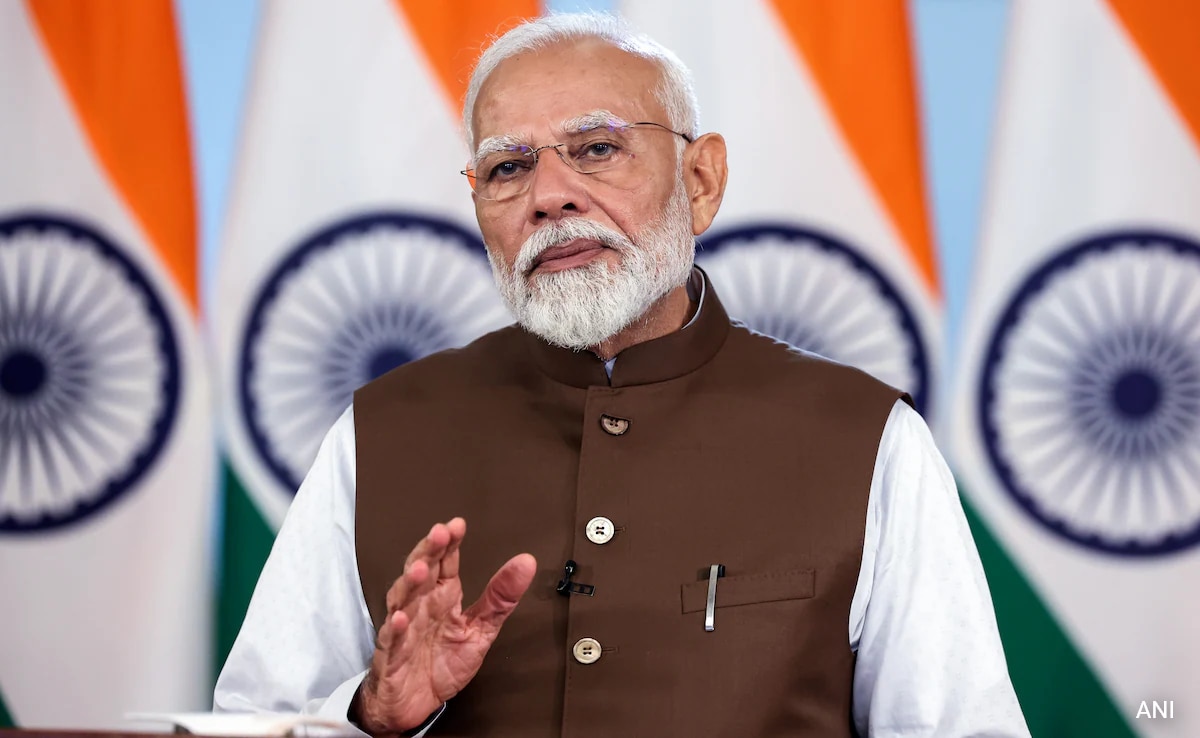published by, Samreen Pal
Last updated: January 22, 2024, 10:05 IST
Ather Energy CEO and co-founder Tarun Mehta on Friday said the withdrawal of government incentives on sales of electric two-wheelers in April will push industry players to work harder and result in recovery for a year or two. There can be stable growth.
“The industry is no longer completely dependent on subsidies for survival, but an early stoppage of subsidies in April will motivate industry players to tighten their belts and work harder.
“Despite this flexibility, such a scenario would still result in growth stagnation for a year or two, pushing the industry further away from its target,” the electric two-wheeler company’s CEO said in a statement. The central government provides incentives on the sale of two-wheelers, three-wheelers and four-wheelers under the FAME-II (Faster Adoption of Manufacturing of Electric Vehicles in India) scheme, which is ending in March this year.
In June last year, the central government had already reduced the subsidy amount on electric two-wheelers from Rs 15,000 per Kwh to Rs 10,000 per Kwh. It also reduced the maximum subsidy limit of 40 per cent of the ex-factory price of the vehicle to 15 per cent. Highlighting the “consequences of sudden subsidy cuts”, Mehta said the electric two-wheeler industry lost a year of growth in 2023.
“We ended calendar 2023 with the same volumes as we started. If things had gone according to plan, we would have at least doubled it. Hence, growth slowed down,” he said. Talking about the sales of electric two-wheelers in Chandigarh, Mehta said that the city is leading in EV adoption and the absence of the FAME scheme could potentially impact the ongoing trend.
He further said that the scheme plays an important role in promoting the adoption of EVs and hybrids across India, reducing pollution and reducing dependence on fossil fuels. According to the company statement, affordability still remains a key driver for widespread adoption of electric two-wheelers in India. High battery costs and supply constraints on components have historically contributed to electric vehicles commanding a premium in the market.
It said the FAME scheme played a significant role in mitigating these challenges by providing incentives, making electric mobility more economically viable for consumers.
Follow us on Google news ,Twitter , and Join Whatsapp Group of thelocalreport.in
















